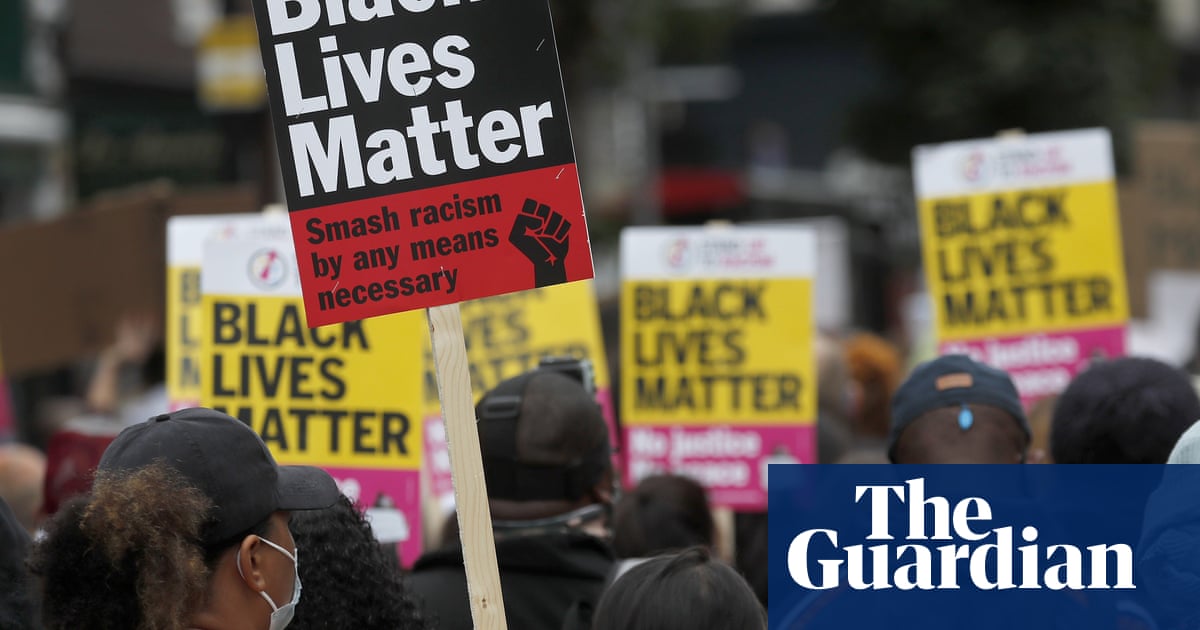
More than 300 academics and students have criticised universities for their “tokenistic and superficial” support for the Black Lives Matter movement given their poor record on tackling institutional racism.
In an open letter to the education secretary, Gavin Williamson, and higher education funding councils, regulators and representative bodies, the scholars said the sector had underestimated the prevalence of racism and failed to address its “systemic and structural nature”.
The letter called out universities for publicly supporting the Black Lives Matter movement in the wake of the killing of George Floyd while racial inequalities, such as the attainment gap between white and black and minority ethnic (BAME) students, persist.
It states: “While these and other racial inequalities remain, statements that Black lives matter can at best be regarded as tokenistic and superficial.
“The sector has, to date, been overly optimistic in its assessment of the extent of the problem, it has been slow to act and, where action has been taken, it has failed to seriously engage with the systemic and structural nature of racism.”
The letter, signed by leading BAME and white academics, urges the government and higher education bodies to take urgent action to ensure universities improve their efforts.
The three authors of the letter – Richard Itaman, a lecturer in comparative political economy and development at King’s College London, Keston Perry, a lecturer in economics at the University of the West of England, and Angelique Golding, a business manager at Goldsmiths, University of London, – told the Guardian in a statement: “There is no clear incentive for universities to take racial justice seriously or consequences if they do not. However, there are disadvantages to us: black and minority ethnic staff leave, are not promoted and experience racism but these facts do not lead to the institution radically improving its practice.”
They propose universities provide training that substantially addresses institutional racism, white privilege and racial micro-aggressions, such as dismissive and stereotyping comments. Research by the Guardian last year found most did not.
The ethnicity of applicants and shortlisted and successful candidates for senior university jobs should be published, as well as a detailed breakdown of the pay gap between white and BAME staff. Universities should also introduce positive action schemes to train, hire and promote BAME staff to address their under-representation in the workforce.
Another proposal is that funding bodies should make grants dependent on universities demonstrating how they are tackling racism. The seven UK research councils recently revealed that white researchers are almost 59% more likely to receive research funding than their BAME peers.
The letter also recommends that the government provides dedicated funding for the Equality and Human Rights Commission, which published a report on racism in higher education last year, to ensure that universities implement these proposals.
A Department for Education spokeswoman said: “Racism is abhorrent and should not be tolerated anywhere in society, including in higher education. The secretary of state has received the letter and we will respond in due course.”
A spokeswoman for Universities UK, which represents 137 higher education institutions, said: “We have called upon senior university leaders to redouble their efforts to address racial harassment. This must be a strategic priority.” She added that its advisory group to tackle racial harassment would publish recommendations in the autumn.












